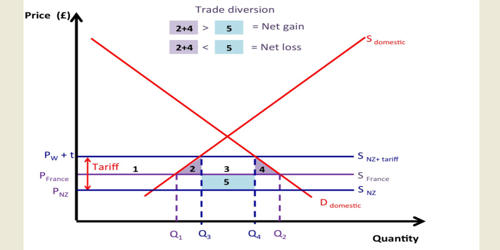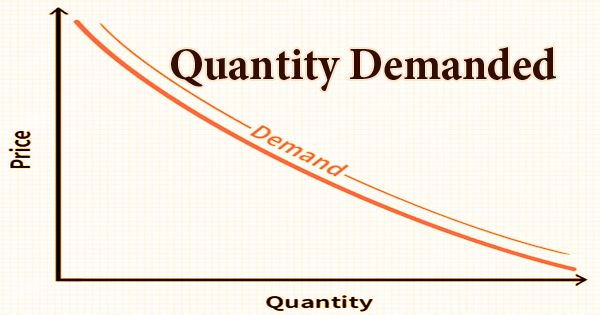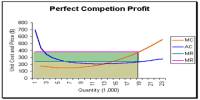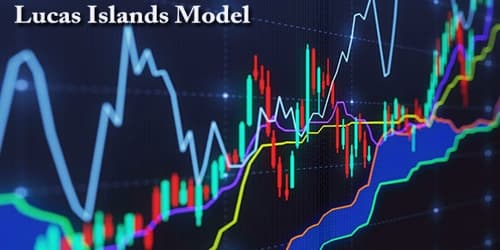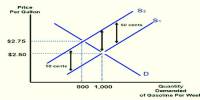Trade diversion is an economic term related to international economics in which trade is diverted from a more efficient exporter towards a less efficient one by the formation of a free trade agreement or a customs union. It is a shift in international trade caused by one nation giving trade preferences to another, resulting in a decline in trade with a third country. The total cost of goods becomes cheaper when trading within the agreement because of the low tariff. This is as compared to trading with countries outside the agreement with lower-cost goods but higher tariff. In general, trade diversion means that a free trade area diverts trade, away from a more efficient supplier outside the FTA, towards a less efficient supplier within the FTA.
Trade diversion may occur when a country joins a free trade area with a common external tariff. The related term Trade creation is when the formation of a trade agreement between countries decreases the price of the goods for more consumers and therefore increases overall trade. In some cases, trade diversion will reduce a country’s national welfare but in some cases, national welfare could improve despite the trade diversion. In this case, the more efficient producer with the agreement increases trade. The terms were used by ‘old’ Chicago School economist Jacob Viner in his 1950 paper The Customs Union Issue.
Occurrence
Trade diversion occurs when tariff agreements cause imports to shift from low-cost countries to higher-cost countries. When a country applies the same tariff to all nations, it will always import from the most efficient producer, since the more efficient nation will provide the goods at a lower price. It is considered undesirable because it concentrates production in countries with a higher opportunity cost and lower comparative advantage. With the establishment of a bilateral or regional free trade agreement, that may not be the case. If the agreement is signed with a less-efficient nation, it may well be that their products become cheaper in the importing market than those from the more-efficient nation, since there are taxes for only one of them. The changing of import sources as a result of political agreements, rather than to increase mutual benefit. Consequently, after the establishment of the agreement, the importing country would acquire products from a higher-cost producer, instead of the low-cost producer from which it was importing until then. It is the changing of import sources as a result of political agreements, rather than to increase mutual benefit. In other words, this would cause a trade diversion.
